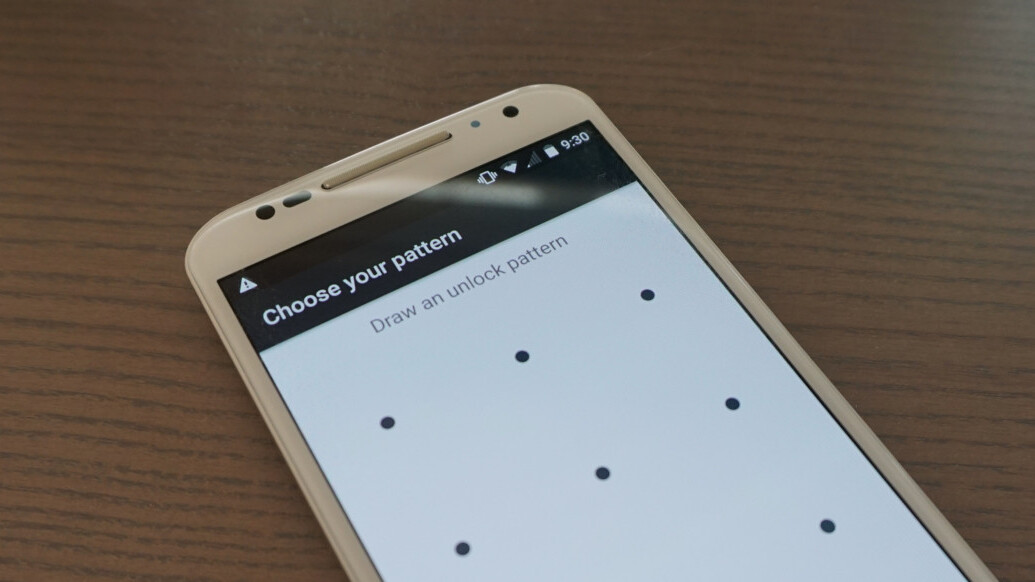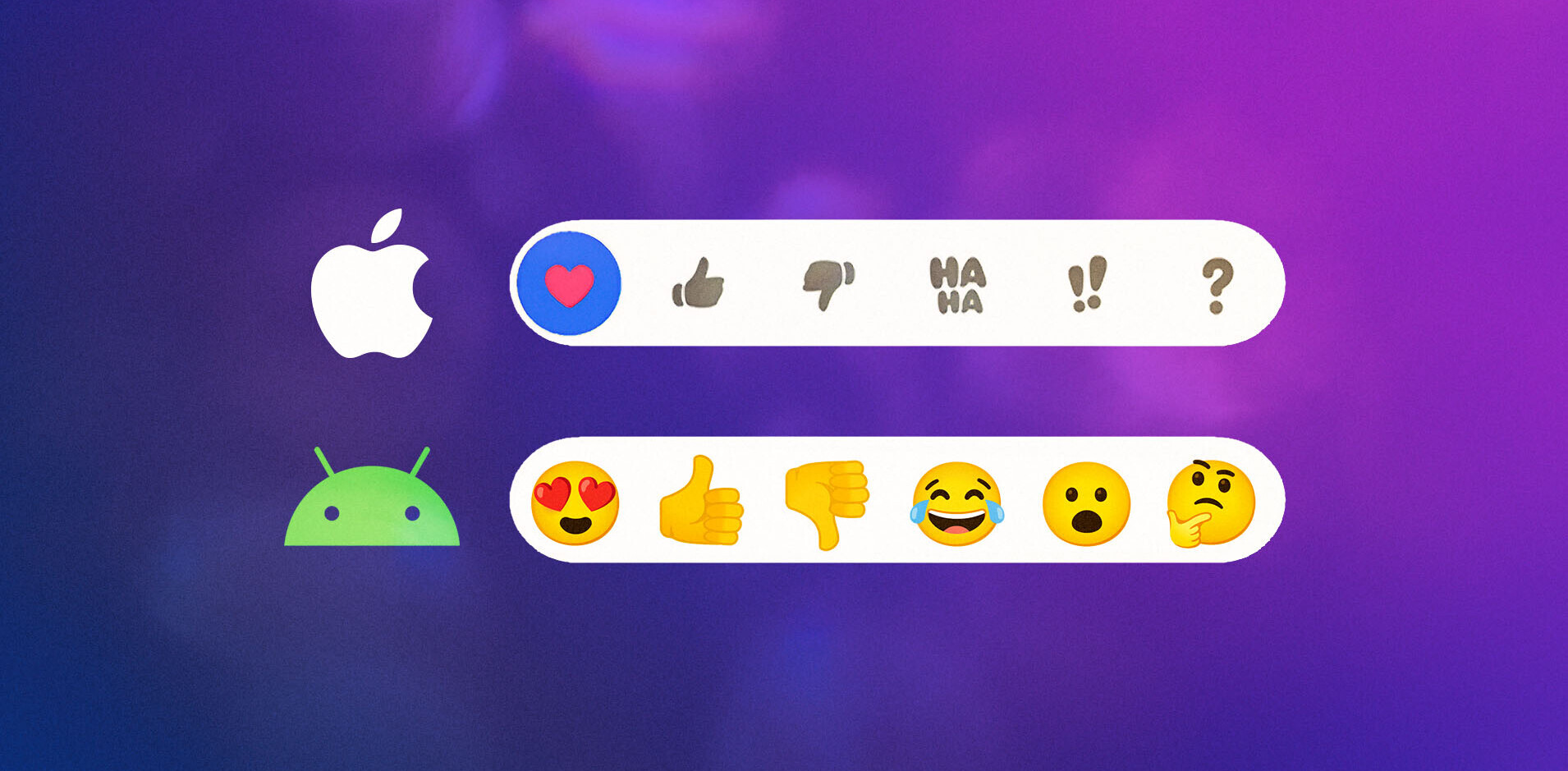
Android users may want to reconsider their lock screen patterns. A new study shows that most of us are using very similar patterns to unlock our handsets.
Norwegian University of Science and Technology graduate Marte Løge says that 77 percent of participants in her study started their lock-screen patterns from a corner, while 44 percent started from the top left.
Her findings were presented at PasswordCon (yup, that’s a thing) in Las Vegas, which sampled over 4,000 user-generated patterns.
Løge suggests using crossovers — and not starting from a corner — to get the most secure results. Additionally, she says using as many nodes as possible (creating a longer, more complex string) helps safeguard users.

It’s not clear how widely used Android Lock Patterns are, but if we’ve got a tendency toward insecure passwords, using one is nearly pointless.
More studies are needed to discover whether or not our patterns coincide with life events, too. Løge says 10 percent of patterns create a letter (like an ’N’ or ‘O’, seen above). It’s possible our lackadaisical attitude towards security is causing us to take shortcuts with pass codes. If studies end up showing we’re typically using the first letter of our names as a pattern, it’s not that safe.
While it’s a good idea to heed Løge’s security recommendations, it’s probably a matter of time before an app like 1Password starts suggesting lock patterns. If an app had my personal info and knew the trends that make Android Lock Patterns insecure, it could suggest one that wouldn’t be as easily cracked.
Which seems like a better idea than expecting people to choose their own lock pattern.
➤ New data uncovers the surprising predictability of Android lock patterns [Ars Technica]
Get the TNW newsletter
Get the most important tech news in your inbox each week.





